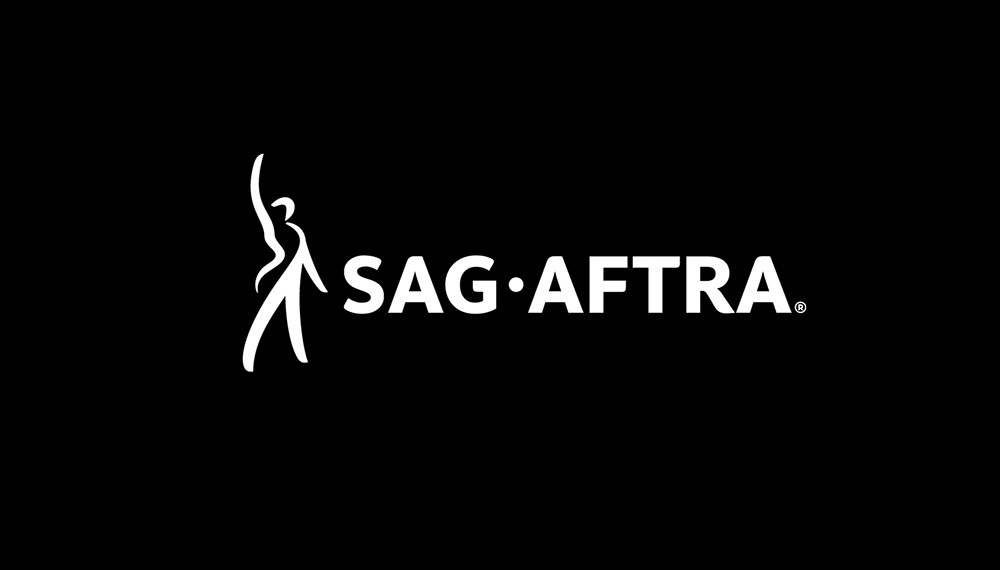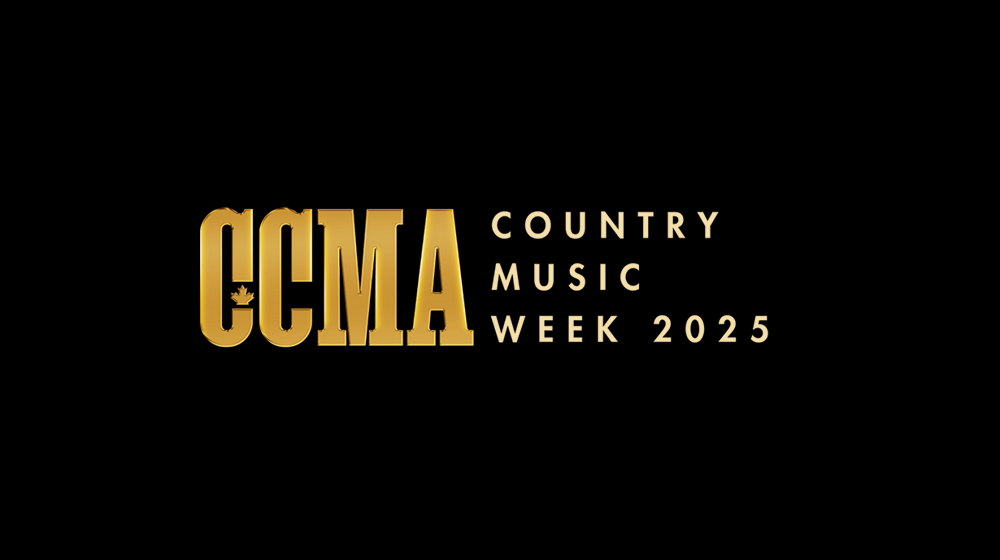
(CelebrityAccess MediaWire) —
On May 26 Bruce Iglauer, the president/founder/owner of Alligator Records in Chicago, testified at the House Small Business Committee in Washington, D.C, on the state of piracy, especially in China and Russia, on the record business. His testimony follows:
"Chairmen and Members of the Subcommittees. My name is Bruce Iglauer. I'm President, founder and owner of Alligator Records.
"I founded Alligator Records by myself, 34 years ago, in Chicago, the world capital of the blues. It was fueled by my passion for the blues, a uniquely American music full of emotion and history. I founded Alligator in a one-room apartment with only $2,500 and almost no experience in the record business. I built my artist roster from among the blues men and women who performed in the little clubs in the South and West Side Chicago African-American ghettos. Over the years, with a roster of extraordinary talent, Alligator has built a catalog of 230 albums, recording blues artists from all over the USA. I’m very proud of the fact that literally hundreds of musicians, songwriters and their families have been able to survive and thrive as a result of the work that Alligator has done to bring them to a worldwide audience. After 34 years, royalties from the sales our recordings are not only supporting the artists but their children and grandchildren.
"The music that Alligator records isn't pop music—it will never be embraced by the multi-national companies that market the hits. Alligator is like literally hundreds of other small, independent labels across the country. It's dedicated to recording and preserving music of great cultural importance. My friends, who own other labels, record jazz, traditional folk music, classical, spoken word, alternative country, gospel, bluegrass and ethnic music, Because there's an audience for this music but not a huge one, it has become the province of the independent labels like ours. No one in the independent record business is getting rich, but because we’ve developed a core audience around the world who love our genres of music, we’re able to survive and continue recording this valuable music that we love. Unfortunately, the survival of companies like mine is being threatened today on a worldwide basis by piracy.
"Thank you for the opportunity to appear today to discuss the widespread piracy of our sound recordings, including in China. For the record, I've submitted a longer written statement on behalf of the recording industry.
"The last several years have been extremely tough ones for my industry and my company. The piracy of our music, physical and online, has been the major reason for our problems. In rough terms, the combination of growing global physical piracy, easier Internet piracy and illegal CD burning generated a 20% sales decline since 1999. In the case of Alligator, the decline in income since 1999 is closer to 35%. I’ve had to cut back on the number of recordings we release and lay off staff members because of the decreased worldwide market for legitimate recordings as a result of piracy.
"There are hundreds of small record companies in the United States that add to America’s culture—and our cultural diversity—and that have been severely affected by this wave of piracy. Successive rounds of job losses have occurred in our companies—small and large. And there have been additional job losses associated with the closing of literally thousands of retail stores.
"Yet the creative cost may be even more troubling. Artist rosters have been slashed dramatically as companies no longer can afford to carry as many developing artists as they’d like to. Piracy robs the music industry, whether it's the major labels or the independents like Alligator, of the capital it needs to invest in those developing artists. The result? Fewer artists are finding the financial support they need to put food on their table.
"American recordings are sold all over the world. For my company, our international business is about 25% of our overall income. Sales of American recordings in the rest of the world add significantly to our nation’s trade balance and ultimately to our national welfare. Our nation’s welfare is reduced and our composers, artists and all the employees of record companies—small and large—suffer when foreign governments permit our recordings to be pirated in their countries.
"I understand that China has made some limited progress in terms of improving its anti-piracy laws; it runs lots of “raids” and seizes lots of illegal products. But more deterrent penalties are almost never imposed and piracy continues to thrive. The challenge for all of us, as Americans, is to get China to impose penalties on large-scale pirates operating there that truly discourage such piracy. Unless and until they do, not much is likely to change.
"I also want to say a word about Russia, which is fast becoming the next China.
"Lawlessness, physical danger and corruption are even worse in Russia than in China.
"Russia is producing far more sound recordings than needed for their domestic sales and exporting them all over the world, ruining my industry’s markets in those countries as well. Illegal copies of Alligator CDs manufactured in Russia are available throughout Eastern Europe, and the artists, songwriters and the label are receiving nothing from their sales. In addition, Russia is tolerating one of the world’s worst online music pirates, an entity named “Allofmp3.com” which is detailed in the written testimony that I have submitted.
"But we have a unique opportunity with Russia. They very much wish to join the World Trade Organization. The U.S. Government shouldn't agree to do so until Russia effectively addresses these problems. I urge Congress to insist on this.
"The U.S. Government must press China and Russia harder to strengthen their anti-piracy enforcement regimes. The current systems in these countries do not work. Unless the U.S. uses each and every option available to it, we will continue to face the same situation we do today for the foreseeable future—overwhelmingly pirate markets and lost opportunities for legitimate US companies. Without wanting to sound melodramatic, I sincerely believe that the survival of the American independent record industry is absolutely dependent on stopping worldwide piracy of music."
–Bob Grossweiner and Jane Cohen
























































